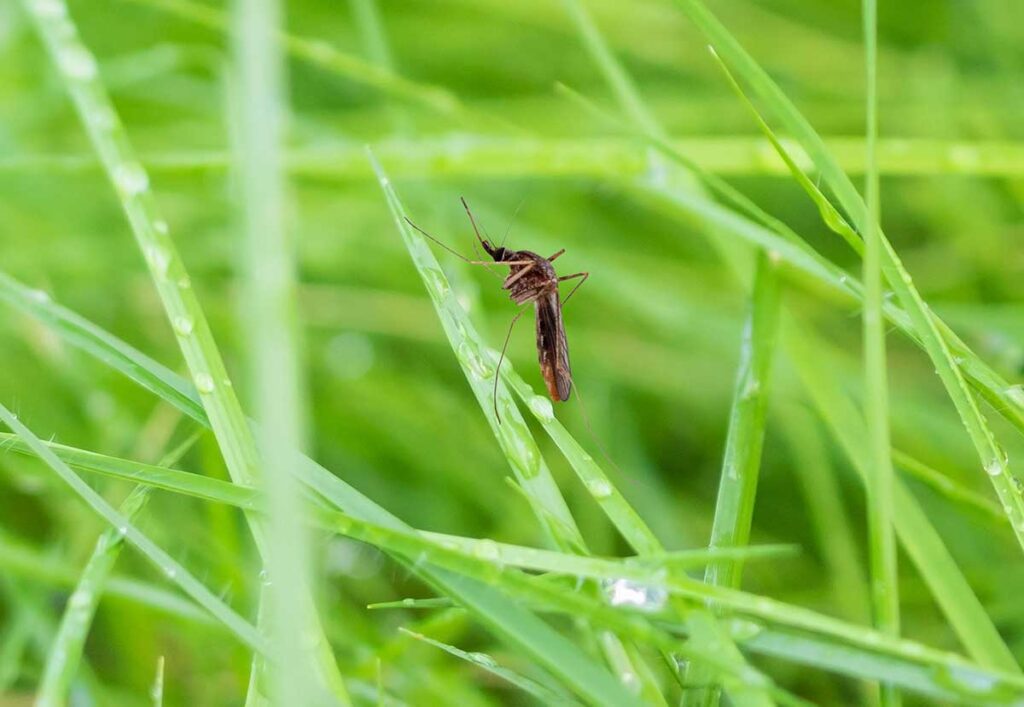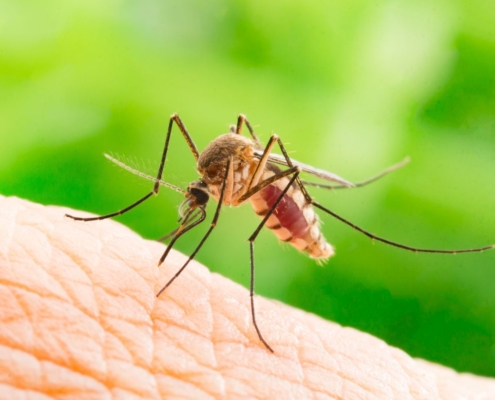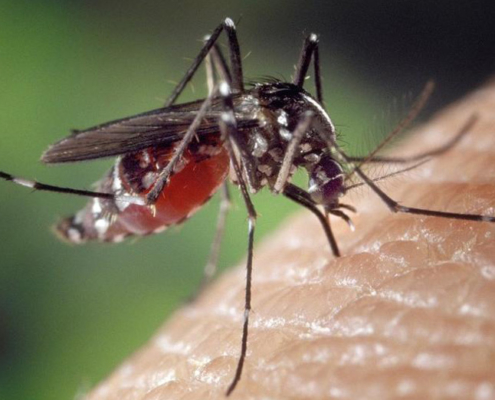Researchers from the Carlos III Health Institute (ISCIII) and the Doñana Biological Station (EBD-CSIC) have detected the Sindbis virus in the Iberian Peninsula for the first time, in mosquitoes captured in various locations in the provinces of Málaga, Seville, Huelva, and Cádiz.
This virus, belonging to the Alphavirus genus, primarily circulates among birds but can sporadically affect humans if an infected mosquito bites a person. Although most infections are asymptomatic, symptoms can include fever, skin rashes, joint pain, and headaches.

An Unexpected Discovery
The virus was initially discovered by chance during routine monitoring of the West Nile Virus, another endemic virus in Spain that has caused outbreaks in recent years. A genomic study conducted at the National Center for Microbiology revealed the presence of Sindbis virus in mosquito samples.
Following this discovery, researchers conducted a broader investigation, analyzing 31,920 mosquitoes captured in 2022 in western Andalusia. The Sindbis virus was detected in 137 samples (11.92%) and in five different mosquito species, with Culex perexiguus showing the highest infection rate.
A Virus with Presence in Europe and Africa
Genomic analysis of the strains detected in Spain revealed that they belong to genotype I, which has previously been identified in other regions of Europe and Africa. Although this is the first time it has been detected in the Iberian Peninsula, researchers suspect that the virus may have arrived in 2017 through migratory birds from North and Central Africa.
Implications for Public Health
The Sindbis virus has caused outbreaks in countries such as Scandinavia and Algeria, highlighting the importance of further research into its possible expansion in Spain. According to researcher Jordi Figuerola, this finding reinforces the need to implement mosquito control and prevention strategies to reduce the risk of human transmission.
Recommended Preventive Measures
Use of mosquito nets on windows and doors.
Eliminating standing water around homes.
Proper treatment of pools and water reservoirs to prevent mosquito breeding.
Municipal mosquito control programs, using biological treatments in urban areas and agricultural lands like rice fields.
Use of insect repellents, such as those developed by Glycoscience, to reduce the risk of bites and prevent disease transmission.
At Glycoscience, we remain committed to innovating in mosquito repellents and biotechnological solutions to prevent mosquito-borne diseases.
Source: El Mundo.
Consulta el artículo original aquí: [Enlace a la noticia]








